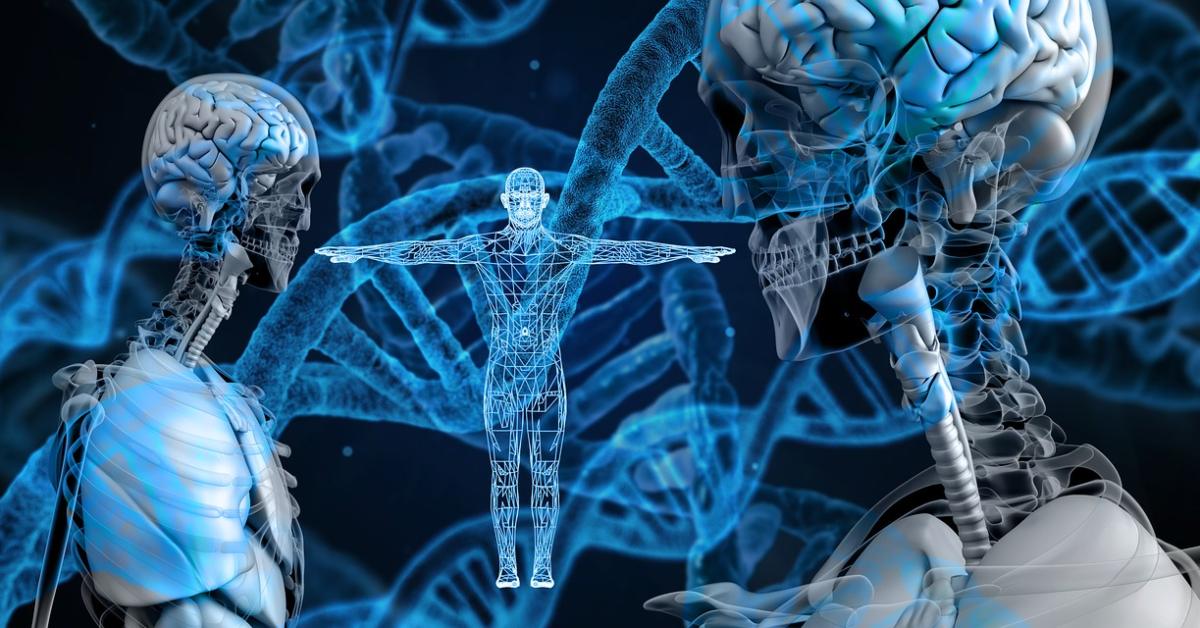Does eating salmon make you smarter? Well, intelligence can be a subjective metric, but what IS known for sure is that eating salmon is good for your brain health.
The human brain is 60% fat, and, more specifically, DHA (an omega-3 essential fatty acid) is a major structural component of the human brain. A lack of omega-3s can therefore lead to impaired brain function.
A diet low in omega-3s has been linked to mood swings, depression, bipolar disorder, ADHD, schizophrenia, and delay the onset of neurodegenerative diseases such as Alzheimer’s disease. Salmon is a good source of omega-3s, as well as Vitamin B12—another nutrient essential for brain health.
People often ask, “What is the best food for brain health?” Salmon is a particularly rich source of omega-3 fatty acids, containing more than three times the amount found in tuna.
What Are Omega-3 Fatty Acids?
Omega-3 fatty acids are a type of polyunsaturated fatty acids. They are essential nutrients that the body cannot produce on its own, so they must be obtained through food or supplements. Omega-3 fatty acids are important for brain development and cognitive function, as well as heart health and joint health.
Eating Salmon For Brain Health?
Your brain cells need insulation, and that’s where the DHA from Salmon comes in. This essential fatty acid is responsible for protecting neurons from injury, reducing cerebral inflammation, and helping produce neurotransmitters. It’s necessary for quick information transfer down the axon of the neuron.
Unfortunately, this insulation breaks down as we age, and this deterioration has been linked to memory loss, mood disorders, cognitive decline, attention deficit hyperactivity disorder (ADHD), reduced brain volume and Alzheimer’s disease.
Therefore, if you fail to consume enough DHA in your diet, your brain will be unable to transmit signals optimally. You’ll leave your neurons exposed to injury, disease, inflammation, and ultimately, reduced cognitive capabilities.
What Are Some Other Health Benefits of Omega-3 Fatty Acids?
We have already mentioned that omega-3 fatty acids are a type of polyunsaturated fatty acids found in salmon that are essential for brain health. They are also important for overall growth and development, and must be obtained through the diet because the body cannot produce them on its own. Omega-3 fatty acids have a number of health benefits, including:
- Reducing the risk of heart disease
- Reducing the risk of stroke
- Reducing the risk of dementia
- Reducing the risk of depression
- Reducing the risk of arthritis
The Nutritional Value of Salmon
There are many reasons to eat salmon, but one of the most important is its high nutritional value. Besides the aforementioned omega-3 fatty acids, salmon is also a rich source of protein, and vitamins B6 and B12. It also contains a significant amount of minerals, such as selenium, phosphorus, and potassium.
Thanks to its high nutrient content, salmon is beneficial for both our mental and physical health. Consuming salmon can improve our cardiovascular health, increase our cognitive function, and protect our eyesight.
How Can You Include Salmon in Your Diet for the Health Benefits?
Salmon is a delicious and versatile food that can be cooked in many different ways, and even consumed raw (i.e. sushi) under the right conditions. One of the healthiest ways is to simply bake salmon with some olive oil and fresh vegetables.
But even if you really love salmon, there’s no need to go overboard. Two servings of salmon a week should do the trick for keeping your brain cells working properly and reducing your risk of neurological disease.

In sum, there are many reasons for eating salmon for brain health, but one of the most important is its nutritional value. Salmon is a rich source of protein, Omega-3 fatty acids, and vitamins B6 and B12. It also contains a significant amount of minerals, such as selenium, phosphorus, and potassium.
Thanks to its high nutrient content, salmon is beneficial for both our mental and physical health. consuming salmon can improve our cardiovascular health, increase our cognitive function, and protect our eyesight. What’s more, salmon is a delicious and versatile food that can be cooked in many different ways.

